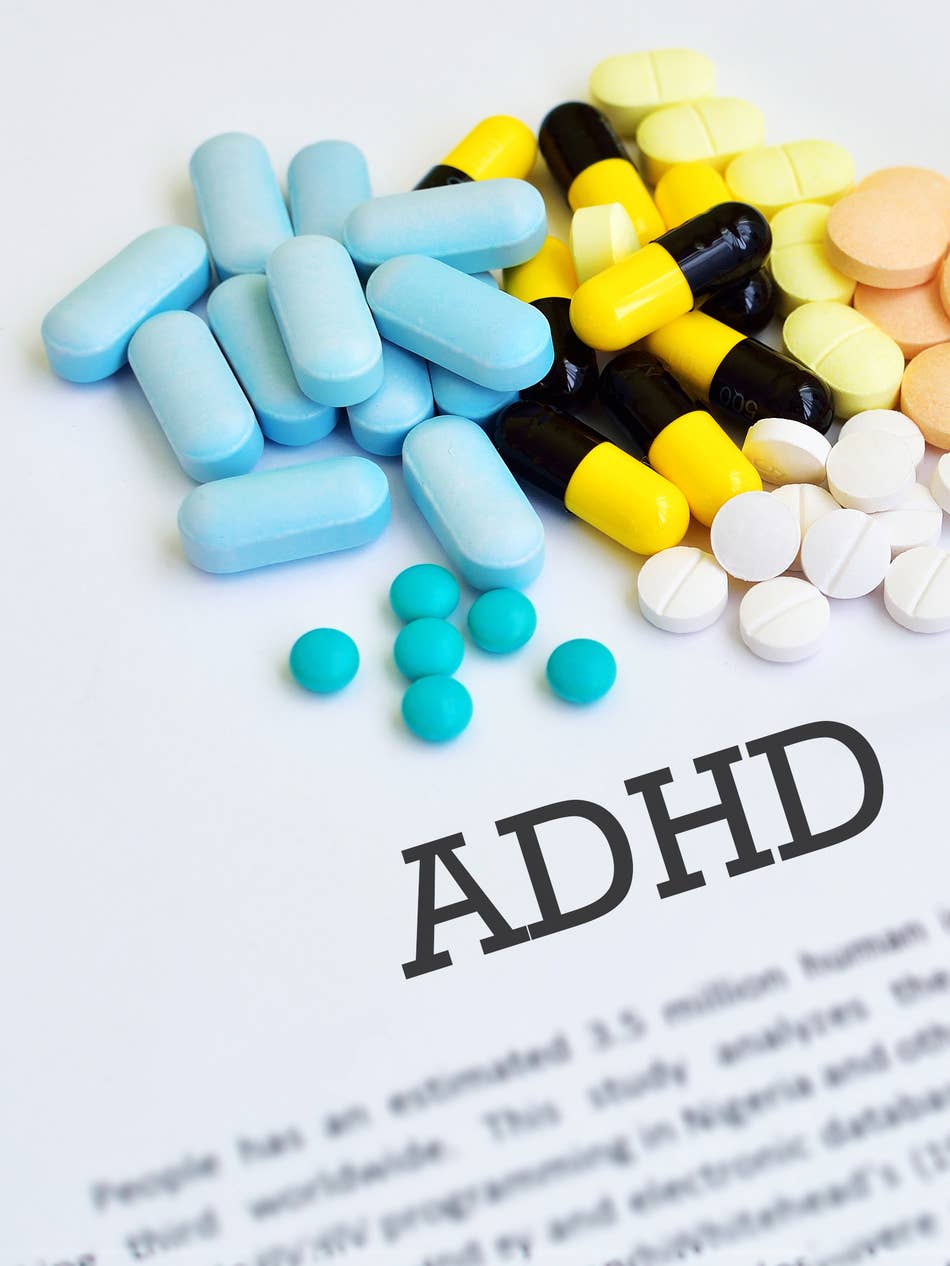New Guidance Eases Burden Of ADHD-Related Aeromedical Qualifications
The Aircraft Owners and Pilots Association (AOPA) reported last week that the FAA has made it less onerous for pilots with past histories of attention-deficit/hyperactivity disorder (ADHD) to qualify for…

Image: University of Utah Health
The Aircraft Owners and Pilots Association (AOPA) reported last week that the FAA has made it less onerous for pilots with past histories of attention-deficit/hyperactivity disorder (ADHD) to qualify for medical certification. The director of AOPA’s pilot information center for medical certification, Gary Crump, wrote that, previously, applicants for medical certificates who had any previous diagnoses of ADHD “required an extensive, expensive, and time-consuming review process typically handled by FAA staff in Washington, D.C.”
But new FAA guidance directed at aviation medical examiners (AMEs) cites specific ADHD diagnoses and/or medications that, should they apply to an applicant, would enable AMEs to issue medical certificates without the lengthy, expensive review process.
According to Crump, “The new FAA guidance to AMEs recognizes that not all applicants who report a history of ADHD diagnosis or treatment with medications necessarily require the extensive evaluation that previously applied to anyone reporting that history on the medical certificate application. This is the result of a comprehensive review of literature by the FAA as well as case history experience from the large number of applications submitted to the FAA over the past few years.”
Criteria for waiving the review process include documentation of “no treatment or use of ADHD meds for any reason in the past four years; no symptoms in the past four years; detailed records showing no instability in academic, occupational, or social functioning within the past four years; and no other psychiatric conditions or diagnosis.”
While applicants who do not meet all the qualifications for acceptance under the new guidance can still go through the existing process of evaluation for medical exemption, Crump points out that many pilots will be able to avoid a regime that would likely take several months and significant expense. Crump wrote, “This change represents the FAA’s ongoing commitment to finding the proper balance between aviation safety and providing as many people as possible the opportunity to fly.”






